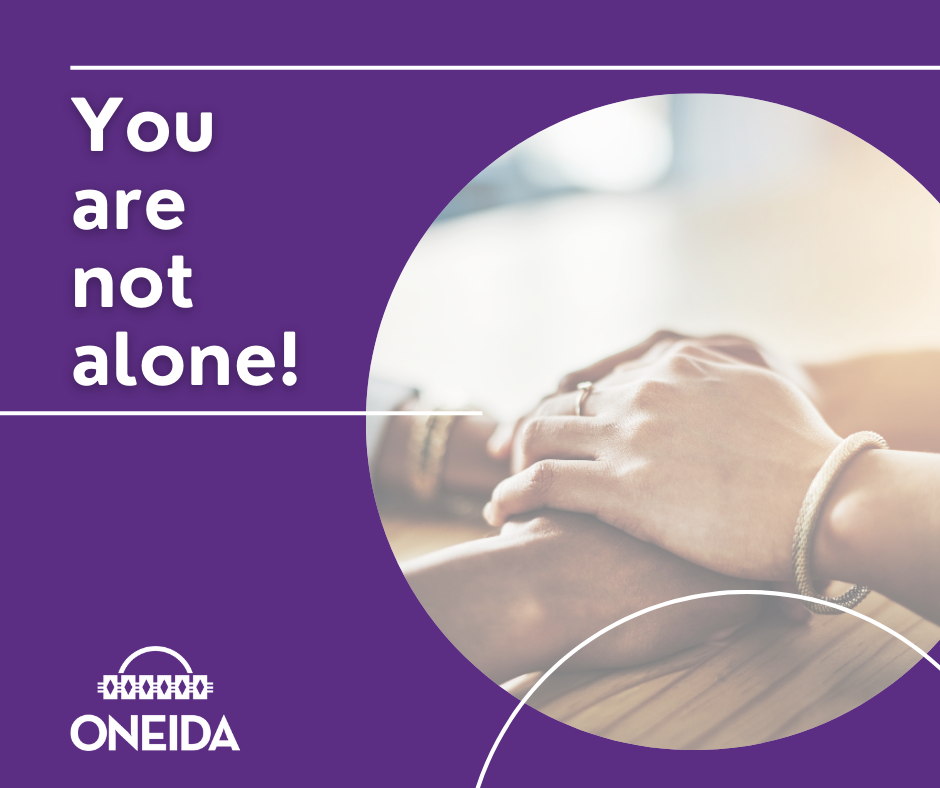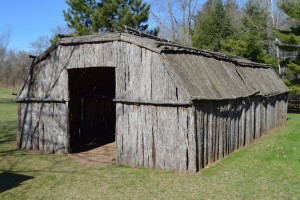Safe Care Pathway: Supporting Mental Health and Suicide Prevention in Our Community
 Our American Indian and Alaska Native communities make up 2.9% of the total U.S. population, with 9.7 million people. Sadly, we lose nearly 2,630 Native lives each year to suicide. At Oneida Behavioral Health (OBH), suicide prevention is a critical part of our services, especially in addressing substance use disorders and mental health challenges. That’s why we developed the Safe Care Pathway, a program designed to support at-risk individuals in the community by creating customized safety plans and maintaining regular contact.
Our American Indian and Alaska Native communities make up 2.9% of the total U.S. population, with 9.7 million people. Sadly, we lose nearly 2,630 Native lives each year to suicide. At Oneida Behavioral Health (OBH), suicide prevention is a critical part of our services, especially in addressing substance use disorders and mental health challenges. That’s why we developed the Safe Care Pathway, a program designed to support at-risk individuals in the community by creating customized safety plans and maintaining regular contact.
Key Components of Safe Care Pathway:
- Limiting Access to Harmful Items: To ensure safety, we help individuals limit access to weapons and other potentially lethal items. This is about reducing risks during vulnerable moments, not as a form of punishment.
- Peer Support: Connecting with others who share similar experiences is a powerful part of recovery. OBH offers a Wellness Support Group on weekdays from 1:00 to 2:30 p.m., where participants can share encouragement and receive guidance.
- Frequent Contact: Safe Care Pathway ensures regular outreach, often every three days, to check in and help individuals stay on track with their safety plans.
Wellness Support Group
Wellness Support Groups are available Monday through Friday, from 1:00- 2:30 p.m. (excluding holidays) at Oneida Behavioral Health. This group is open to all Tribal-eligible adults over 18 with no referral needed. Participants are welcome to join as often as they like, with each day focusing on a specific topic:
- Monday: Coping
- Tuesday: Community, Support, Outreach
- Wednesday: Relationships
- Thursday: Emotions
- Friday: Coping
Asking For Help Is a Sign of Strength
If you or someone you know is struggling with suicidal thoughts, despair, trauma or increased substance use, OBH is here to help. The Safe Care Pathway and Wellness Support Group are vital resources for those in need. For additional support, call Oneida Behavioral Health at (920) 490-3790.
11/5/24






